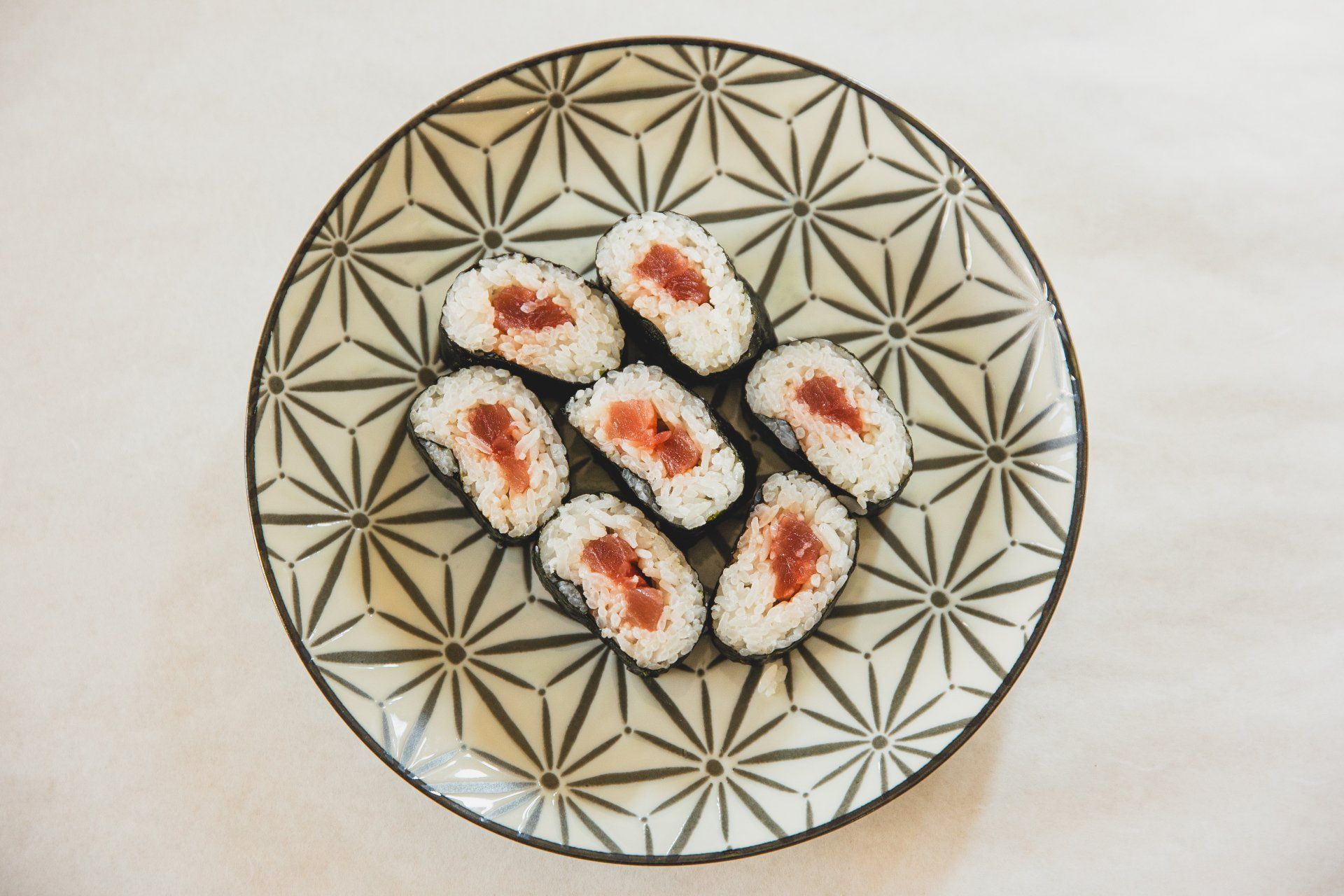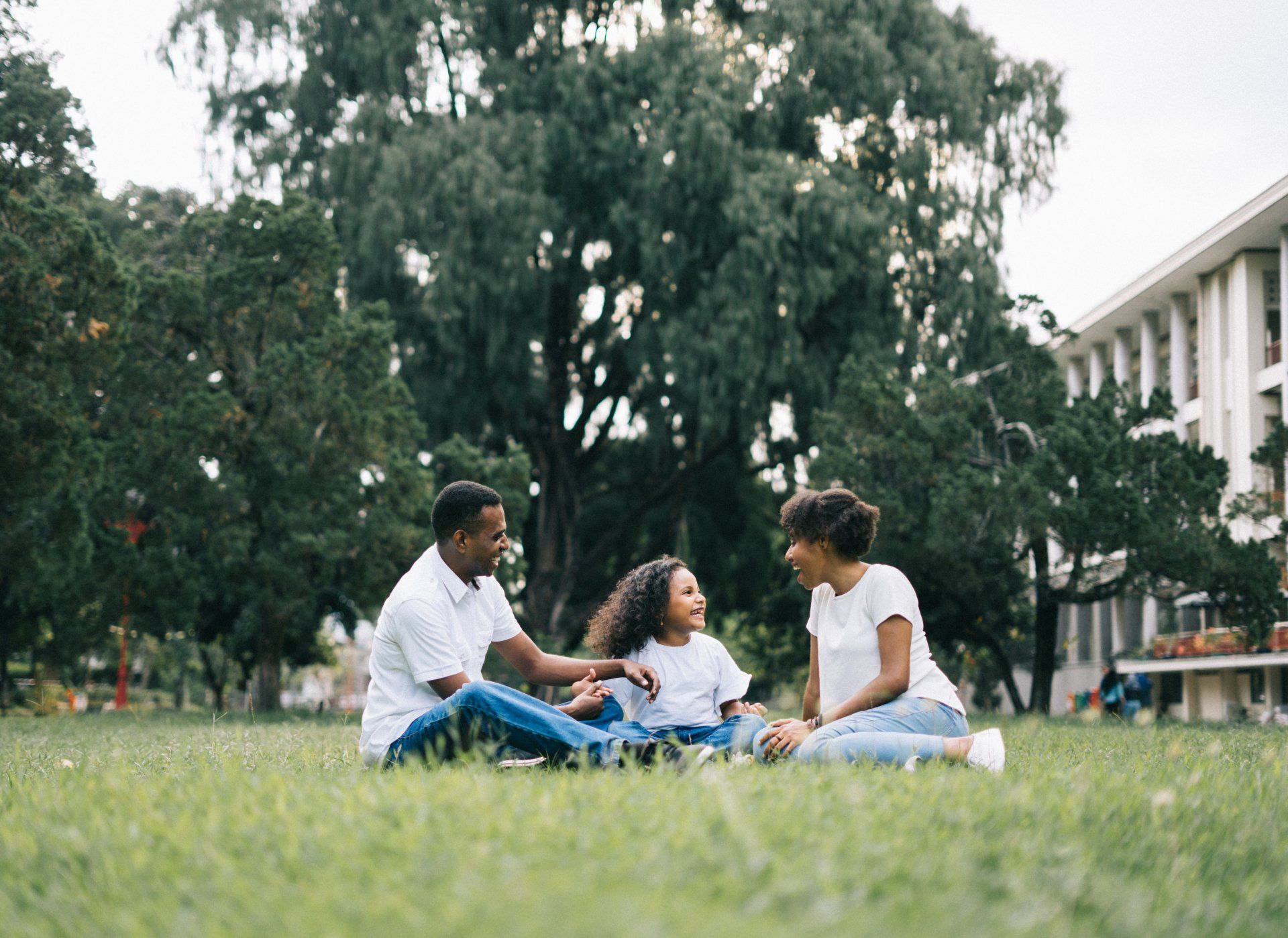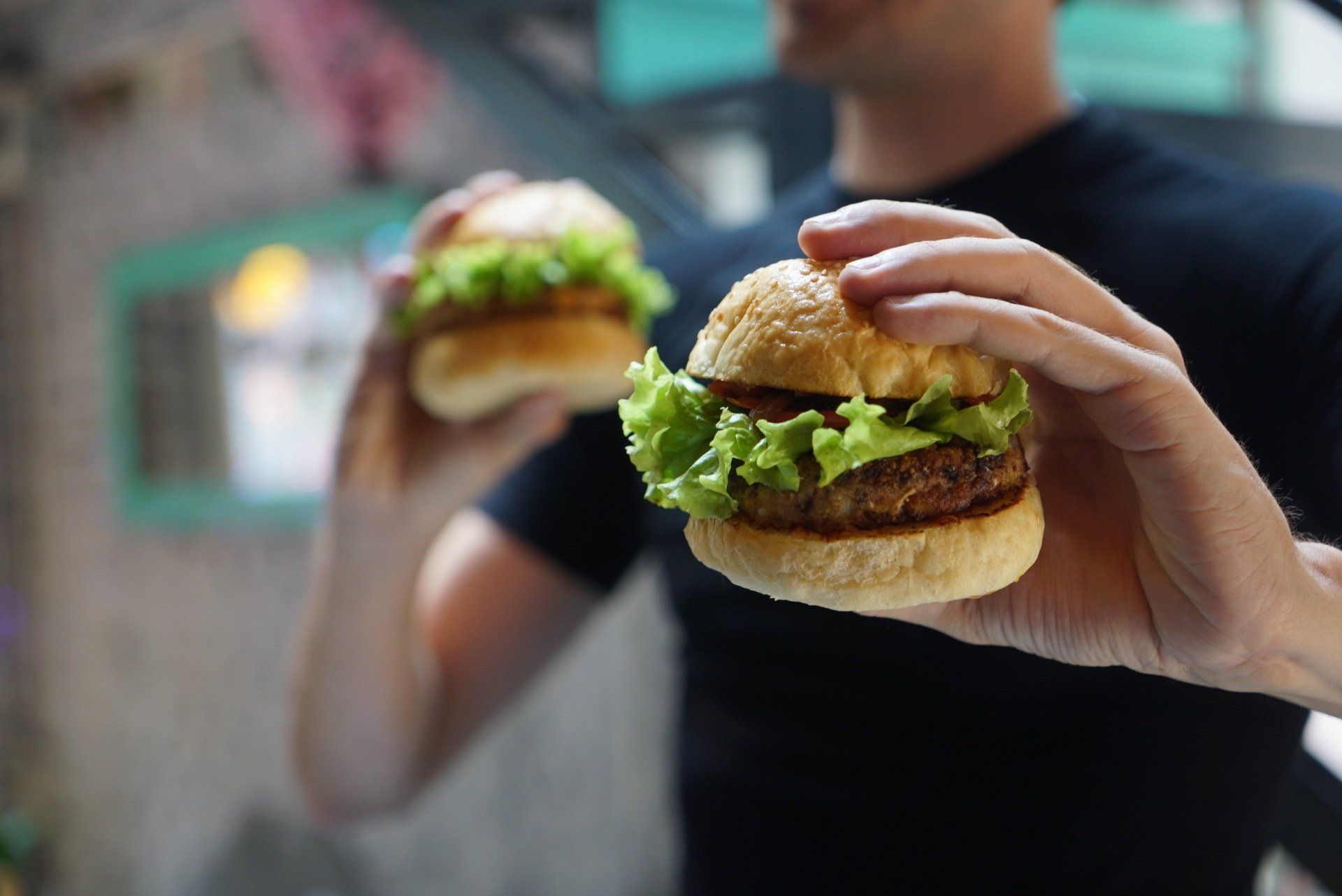Anti Diet Weight Loss Tip: RITUALS
In this lesson on weight loss without dieting, you're going to learn how rituals can help you lose weight.
Perhaps the most interesting and well-regarded study came out of Harvard University. Participants were asked to eat a piece of chocolate with these instructions:
“Without unwrapping the chocolate bar, break it in half. Unwrap half of the bar and eat it. Then, unwrap the other half and eat it.”
The ritual had no spiritual or cultural significance--it was nonsense made up by the researchers. The other participants were instructed to eat the chocolate in any way they wanted.
The results?
A Conscious Eating Consequence
People performing the “ritual” rated the chocolate more highly, savored it longer, and were willing to pay more for it than the other group.
At first, the researchers were surprised. Why would a stupid ritual they made up have such a profound effect? Maybe because almost everybody loves chocolate?
Researchers wondered if the same thing would happen with food that could put you to sleep, like....carrots?
Surprisingly, it did. Participants who performed the same nonsense ritual before eating carrots liked the vegetable more, spent more time savoring it and were willing to pay more for it than non-ritual participants.
Now, why on earth would a made-up ritual have the power to improve the subjective taste of carrots… Carrots?!
Because rituals create mindfulness…
They make you pay more attention. You notice more of the food’s appearance, texture, and smell than if you just popped the carrots in your mouth.
The ritual, small as it was, forced a delay in consumption and that created a phenomenon guaranteed to help you enjoy food: Anticipation. The expectation that you’re about to have an awesome experience.
Now, wait, how does anticipation, mindfulness, enjoying the food better and savoring it longer translate into weight loss?
How To Lose Weight Without Dieting
Because those things trigger the body’s satiety signals earlier than usual. Meaning, you’ll eat less.
Kourtney Kardashian's famous video on how to eat a KitKat demonstrates the first power of rituals: They lengthen the time it takes to eat food.
This gives your gut more time to communicate with the brain on how full you are.
the Kardashian video also shows how rituals trigger sensory specific satiety--the phenomenon describing the weakened ability of taste buds to experience flavors after just a few bites.
By slowing down eating, rituals make you more aware of when the pleasure subsides, making it likelier you’ll stop eating sooner.
No Diet Weight Loss
This is how rituals help you lose weight. They make you more aware of how full your stomach is, and more aware of when the pleasantness of the flavors subside.
These two things will cause you to stop eating sooner and lessen the likelihood of second helpings. Rituals are a shortcut to weight loss. Use them well; use them often.
Ok, so far we’ve talked about rituals WHILE you’re eating. What about pre-meal rituals? Are they effective in helping you lose weight. You’re about to find out on our next blog post.
Academic Studies Informing This Article On How To Lose Weight Without Dieting
Wansink, B., & van Kleef, E. (2014). Dinner rituals that correlate with child and adult BMI. Obesity (Silver Spring, Md.), 22(5), E91–E95. https://doi.org/10.1002/oby.20629
Quote: To summarize, the ritual of where one eats and how long one eats seems to be the largest driver of both adult and child BMI. Eating in the kitchen or at the dining room table and remaining at the table until everyone is finished eating were both associated with lower BMIs for parents and children.
Lin, P. Y., Wood, W., & Monterosso, J. (2016). Healthy eating habits protect against temptations.
Appetite,
103, 432–440.
https://doi.org/10.1016/j.appet.2015.11.011
Quote: In our research, healthy habits protected against the unhealthy consequences often associated with reduced executive control. Habits thus can maintain healthy choices and small portions when people are not prepared to deliberate.
Tian, A. D., Schroeder, J., Häubl, G., Risen, J. L., Norton, M. I., & Gino, F. (2018). Enacting rituals to improve self-control.
Journal of personality and social psychology,
114(6), 851–876.
https://doi.org/10.1037/pspa0000113
Quote: A field experiment showed that engaging in a pre-eating ritual over a 5-day period helped participants reduce calorie intake (Experiment 1). Pairing a ritual with healthy eating behavior increased the likelihood of choosing healthy food in a subsequent decision (Experiment 2), and enacting a ritual before a food choice (i.e., without being integrated into the consumption process) promoted the choice of healthy food over unhealthy food (Experiments 3a and 3b).
Vohs, K. D., Wang, Y., Gino, F., & Norton, M. I. (2013). Rituals enhance consumption.
Psychological science,
24(9), 1714–1721.
https://doi.org/10.1177/0956797613478949
Quote: Four experiments tested the novel hypothesis that ritualistic behavior potentiates and enhances ensuing consumption--an effect found for
chocolates, lemonade, and even carrots. Rituals enhance the enjoyment of consumption because of the greater involvement in the experience that they prompt.










